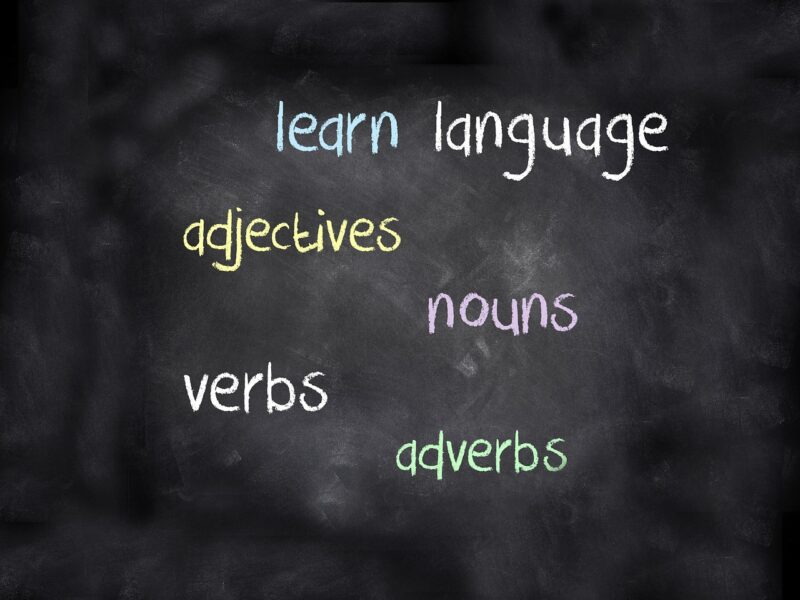
Polish is a vibrant and melodious language spoken by over 40 million people worldwide. Its complexity can often intimidate learners, particularly when it comes to pronunciation. However, with the right strategies and practices, even beginners can master Polish phonetics and sound like a native speaker. In this article, we’ll explore effective techniques and tips to help you conquer Polish pronunciation, ensuring clear and accurate communication with fluent speakers.
1. Understanding the Polish Alphabet
The Polish alphabet consists of 32 letters, including 9 vowels and 23 consonants. Understanding these letters, their sounds, and how they combine is crucial for mastering pronunciation. Here are the key aspects of the Polish alphabet:
- Unique Characters: Polish includes some characters not found in the English language, such as ł, ę, and ó. Each letter has its specific pronunciation, which may differ from similar letters in English.
- Vowel Combinations: Many Polish vowel sounds arise from combinations of letters, such as ‘ą’ or ‘ę’, which are nasal vowels not found in English.
- Consonant Clusters: Polish frequently uses consonant clusters like “zcz” or “dż”, which can be challenging for non-native speakers to articulate.
Mastering these unique letters and their sounds provides a strong foundation for your pronunciation skills.
2. Listening to Native Speakers
One of the best ways to learn pronunciation is to immerse yourself in the language as much as possible. Listening to native speakers helps tune your ear to the rhythm and intonation of the language. Here are some effective methods to practice:
- Podcasts and Audiobooks: Find Polish language podcasts or audiobooks. Listening to stories spoken aloud will help you familiarize yourself with natural pronunciation and expression.
- YouTube Channels: Search for Polish language channels that cater to learners. This will provide exposure to various accents and speaking styles.
- Language Exchange: Engage with native Polish speakers through language exchange platforms. Participate in conversation practice to improve your skills in real time.
Pay attention to the details of how words are pronounced, including stress placement and tone.
3. Articulatory Practice: Breaking Down Sounds
To sound like a native Polish speaker, focus on the articulation of individual sounds. Many learners struggle with the unique vowel and consonant sounds of Polish. Here are some strategies to practice:
- Phonetic Exercises: Use resources that provide phonetic transcriptions to understand the correct position of your tongue and lips when pronouncing each sound. For instance, practice the difference between ‘s’ and ‘ś’ or ‘z’ and ‘ż’.
- Shadowing: Listen to a sentence spoken by a native and repeat it, mimicking the pronunciation and intonation. This technique improves your fluency and helps you internalize the flow of the language.
- Mirror Technique: Speak in front of a mirror while practicing. Observing your mouth movements can help you become more aware of how you form sounds and words.
Regularly practicing these articulatory exercises will enhance your pronunciation skills.
4. Focus on Intonation and Rhythm
Polish has its unique intonation patterns that can significantly affect meaning. Being cognizant of these patterns helps improve both your speaking and comprehension. Here are ways to enhance your awareness of rhythm and intonation:
- Stress Patterns: Polish generally stresses the penultimate syllable (second to last). Nevertheless, some exceptions exist, so familiarize yourself with different words’ stress patterns. Practicing will improve your fluency and naturalness in speech.
- Sentence Melody: Pay attention to how sentences rise and fall when spoken. Practice reciting sentences so that the melody flows naturally, encompassing pauses and emphasis on key words.
Integrating intonation into your practice sessions helps create a more native-like speaking style.
5. Consistent Practice with Correct Resources
Regular practice is fundamental when it comes to mastering Polish pronunciation. However, utilizing the right resources can make a significant difference. Here are some tools and materials to support your journey:
- Language Learning Apps: Apps like Duolingo, Babbel, and Drops offer Polish courses with a focus on pronunciation and phonetics.
- Pronunciation Guides: Websites and books that provide phonetic pronunciation guides, with audio examples to practice along with.
- Online Courses: Consider enrolling in a dedicated Polish pronunciation course led by a qualified instructor who can provide feedback on your progress.
By consistently engaging with effective resources, your pronunciation will improve steadily over time.
6. Speak with Confidence and Have Fun
Lastly, confidence plays an essential role in language acquisition. Don’t fear making mistakes; they are part of the process! Engage with native speakers, practice speaking in front of friends, or even record and listen to yourself. Here are some tips to stay motivated:
- Practice in Low-Stress Environments: Find a friendly group, participate in themed language meetups, or join online forums where you can speak without judgment.
- Set Small Goals: Start with simple phrases and gradually progress to sentences or short conversations. Celebrating small milestones can boost your confidence.
- Have Fun: Incorporate language learning into hobbies or interests. Play Polish games, watch Polish films with subtitles, or explore Polish music to make the process enjoyable.
Enjoying the learning experience will keep you engaged and encourage you to practice your pronunciation more often.
Conclusion
Mastering Polish pronunciation may seem daunting at first, but with dedication, consistency, and the right strategies, anyone can achieve fluency. By understanding the Polish alphabet, listening to natives, practicing articulation, focusing on intonation, using effective resources, and speaking with confidence, you will be well on your way to sounding like a native speaker.
No matter where you are on your language journey, remember that every small step you take brings you closer to your goal of mastering Polish pronunciation. Enjoy the process, stay motivated, and soon you’ll be engaging in spirited conversations with native speakers effortlessly.








